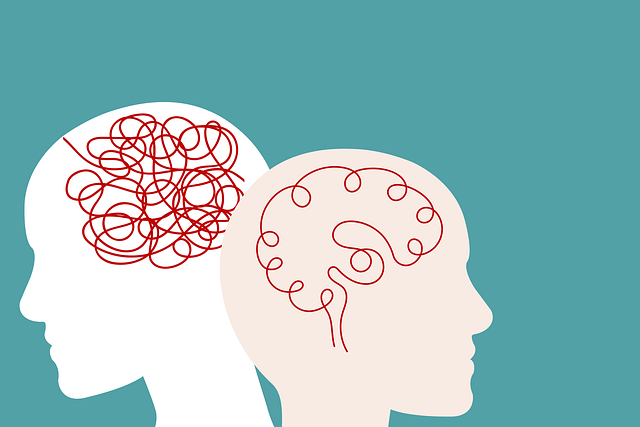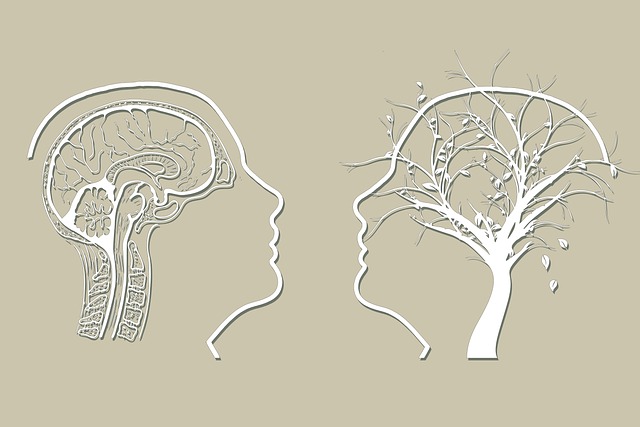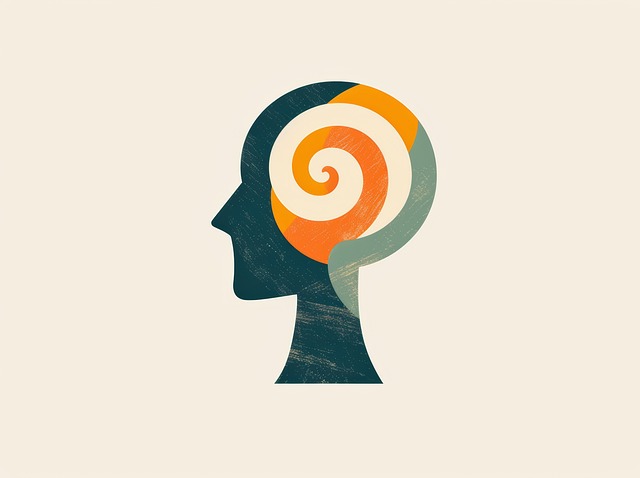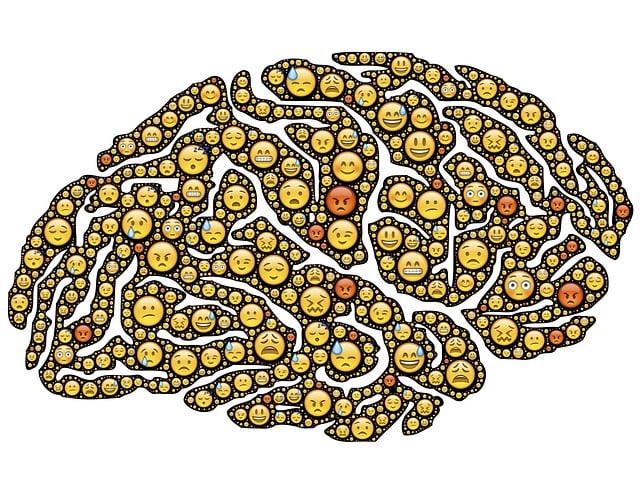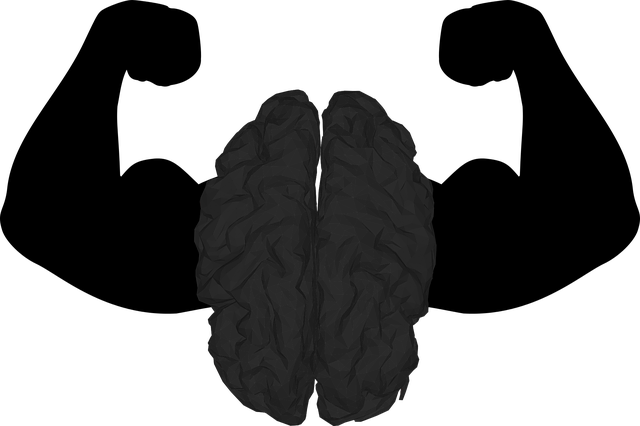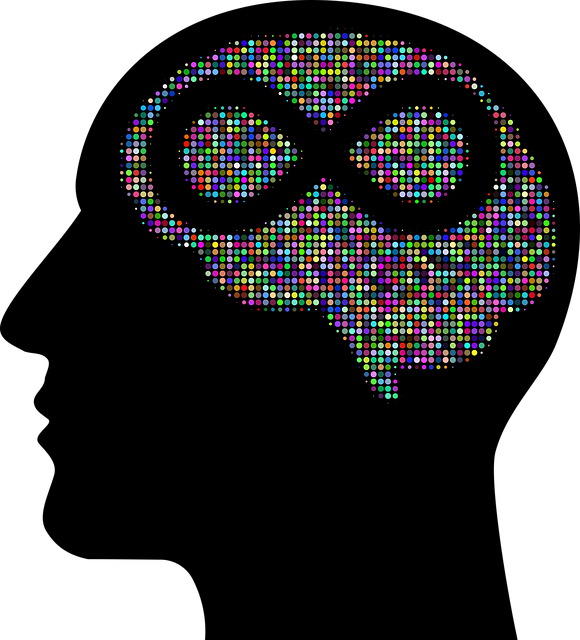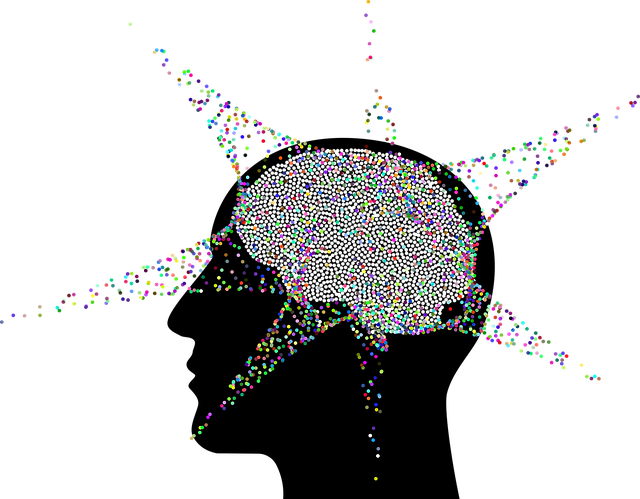Evaluating Golden Divorce Therapy and other mental wellness programs requires a blend of quantitative and qualitative methods, including standardized questionnaires and participant interviews, to measure changes in anxiety, depression, stress levels, and emotional intelligence development. Integrating these approaches offers comprehensive insights guiding therapists to enhance program effectiveness. Long-term follow-up assessments are crucial to determine the sustainability of gains achieved through Golden Divorce Therapy, such as improved self-esteem and emotional regulation, ensuring lasting positive mental wellness outcomes.
Mental wellness program evaluations are crucial for understanding their effectiveness and impact. This article explores three key methodologies: Assessing Program Impact through metrics, Participant Feedback from Golden Divorce Therapy sessions, and Long-Term Sustainability measurements. By delving into these areas, we gain insights into the success and lasting effects of mental wellness initiatives, providing valuable guidance for professionals in the field. Discover how these evaluation methods foster positive change and improve access to quality care.
- Assessing Program Impact: Methods and Metrics for Mental Wellness Initiatives
- Participant Feedback: Voices of Change in Golden Divorce Therapy Evaluations
- Long-Term Sustainability: Measuring the Lasting Effects of Mental Wellness Programs
Assessing Program Impact: Methods and Metrics for Mental Wellness Initiatives

Evaluating the impact of mental wellness programs is paramount to understanding their effectiveness and making informed improvements. When assessing the success of initiatives like Golden Divorce Therapy, several methods and metrics can be employed. One approach involves measuring changes in participants’ psychological well-being through standardized questionnaires that gauge symptoms of anxiety, depression, and stress levels before and after the program. These tools provide quantitative data, allowing for comparisons between different groups and time points.
Additionally, qualitative assessments offer valuable insights into individuals’ experiences. Interviews or focus groups can explore participants’ perceptions of their emotional intelligence development, coping skills enhancement, and overall satisfaction with the program. This method captures individual stories and provides a deeper understanding of how the initiative has impacted their mental wellness journey. Aligning these quantitative and qualitative findings ensures a comprehensive evaluation, enabling mental health professionals to tailor future programs for optimal effectiveness.
Participant Feedback: Voices of Change in Golden Divorce Therapy Evaluations

In the realm of Golden Divorce Therapy, participant feedback emerges as a powerful tool for evaluation and improvement. By gathering insights from individuals who have undergone this unique therapeutic approach, mental health professionals gain valuable perspectives on the program’s effectiveness and areas requiring refinement. This qualitative data is essential in understanding the patient experience, as it allows therapists to identify aspects that resonate deeply with participants, fostering a sense of empowerment and change.
The voices of those who’ve navigated the complexities of divorce through Golden Divorce Therapy offer more than mere satisfaction surveys. They provide raw, unfiltered accounts of emotional journeys, highlighting improvements in mood management and crisis intervention skills. This feedback serves as a compass for risk management planning, guiding mental health professionals to tailor treatments while ensuring patient safety. By integrating participant insights, therapists can enhance their practices, ultimately refining the entire Golden Divorce Therapy experience.
Long-Term Sustainability: Measuring the Lasting Effects of Mental Wellness Programs

Evaluating the long-term sustainability of mental wellness programs is crucial to understanding their true impact and effectiveness. This involves assessing whether the positive effects observed immediately after participation endure over an extended period. Research has shown that many traditional therapeutic approaches, like Golden Divorce Therapy, can lead to significant improvements in mental health, including heightened self-esteem and better emotional regulation. However, for these benefits to be considered sustainable, individuals must continue practicing self-care routines they’ve learned, such as mindfulness meditation, long after the formal program concludes.
To gauge sustainability, follow-up assessments should be conducted at various intervals (e.g., 6 months, 1 year, and beyond) to track changes in mental wellness indicators. These evaluations can reveal whether participants maintain their newfound skills and perspectives or if improvements fade over time. By understanding the factors that contribute to long-term sustainability, program developers can refine their strategies, ensuring that mental wellness initiatives have lasting effects on individuals’ overall well-being.
Evaluating mental wellness programs is essential for understanding their impact and ensuring their long-term effectiveness. By employing diverse methods, such as assessing program impact through metrics and participant feedback, we gain valuable insights into the success of initiatives like Golden Divorce Therapy. Continuous evaluation allows us to refine and sustain these programs, fostering positive mental health outcomes and enhancing the well-being of individuals and communities.


